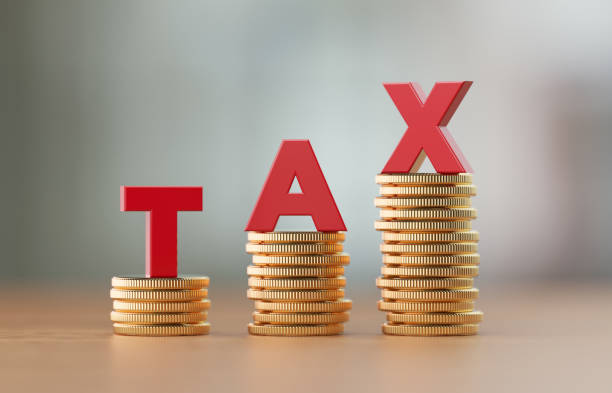The New Fiscal Policy Measures in Nigeria

Lawyard is a legal media and services platform that provides…
Everything You Need to Know About the New Fiscal Policy Measures and New Taxes Introduced by the Federal Government of Nigeria
The ministry of Finance Budget and National Planning on the 20th of April, 2023, introduced new Fiscal Policy Measures via a circular by the Minister of Finance Budget and Planning, Zainab Usman.
Some of the key takeaways from this policy are elucidated below;
1. The Supplementary Protection Measures (SPM): This relates to the implementation of the ECOWAS Common External Tariff (CET) 2022-2026. To give context to this, the Supplementary Protection Tax is an additional duty to the ECOWAS CET that a Member State can apply to goods imported from third-world countries when the increase in the volume of imports of a product entering the customs territory of a member state during any year equals or exceeds 25% of the average imports during the last 3 preceding years for which data is available.
The circular stated that the charges are effective from May 1, 2023 subject to a 90-day grace period for importers who had opened Form M, an online mandatory documentation process
introduced by the Central Bank of Nigeria (CBN) and the Nigeria Customs Service (NCS) prior to May 1st, 2023. Items that will be affected by this SPM include rice, woven fabrics, ceramic
tiles, aluminum cans, washing machines, generators, new and used passenger vehicles, smart phones, among others.
2. Import Prohibition List: The import prohibition list has been revised with new items included therein. The prohibition list contains some of the following : Used motor vehicles above 12 years from year of manufacture, paracetamol tablets and syrups, aspirin tablets (with exception to some), multivitamin tablets and capsules except with special formulation, spaghetti/noodles, mineral or chemical fertilizers containing NPK, among others. (Full list can be accessed on Nigeria Customs Service website https://customs.gov.ng/?page_id=3075 )
3. Under the new tax regime, excise duty of N75 per litre will be charged on beer, stout and imported wine. There will be another increase on excise duties on these items to N100 per litre in 2024.These new taxes will take effect from June 1, 2023, however, the excise duty rate on non-alcoholic beverage is still retained at N10 per litre.
4. Green tax by way of excise duty on Single Use Plastics (SUP)s including plastic containers, films and bags are introduced at the rate of 10%. Similarly, Import Adjustment Tax (IAT) has been introduced on motor vehicles of 2 litre engine (2000 cc to 3999 cc) at 2% while vehicles with 4 litre engines (4000 cc) and above will attract 4% IAT with effect from June 1, 2023.
However, vehicles below 2000 c, mass transit buses, electric vehicles and locally manufactured vehicles are exempted.
The new fiscal policies raise some concerns as a large percentage of tax payers that are aware of the new developments are apprehensive that the new taxes were introduced without proper planning and will only increase their tax burden. The new policies could also cause a strain in the finances of those who are living below minimum wage in Nigeria. The cost of goods and services that had little to no tax rates will significantly increase and this could affect income flow and the general standard of living.
The government may need to reconsider the ripple effect that these new fiscal measures may have on the average Nigerian especially those who rely largely on these items to be taxed.
Lawyard is a legal media and services platform that provides enlightenment and access to legal services to members of the public (individuals and businesses) while also availing lawyers of needed information on new trends and resources in various areas of practice.













